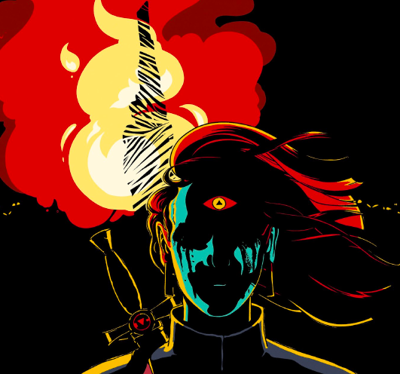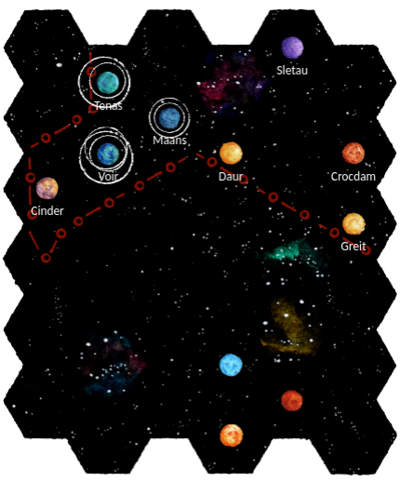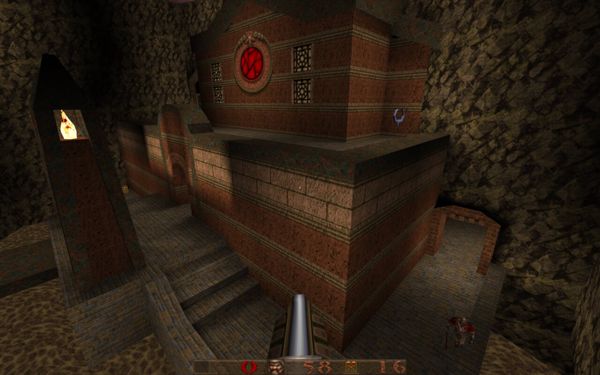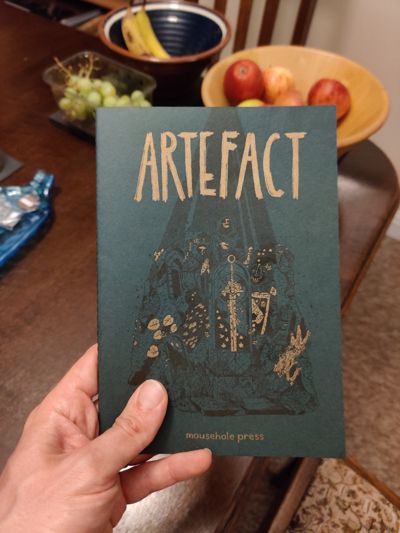I ran Luka Rejec’s Witchburner in Old School Essentials over Discord for my wife and a few friends, back at the height of lockdown.
None of them had played OSE before, but as this is a pretty social-based story, it didn’t matter too much.
The plot
The Mayor pats down her forehead with a napkin and looks left, then right.
The councilors arranged around her in their finery nod assent.
She looks down at the motley witchfinders, spoken for by the Lord Rightmaker.
“Our request is simple. Find the witch before All Saints’ Night, before the month ends, and we shall pay you 3,000 cash.”
The shadow-skinned councilor smiles, “And the council will cover your stay at my inn.”
The bushy-haired priest looks uncomfortable, “Now go, find that witch, before she brings Winterwhite’s hunger on us all!”
The idea is that the rural town of Bridge is plagued by evil portents, caused by witches, and the party is brought in as Witchburners to find the Witch, and Burn them.
Minor spoilers below the break.



